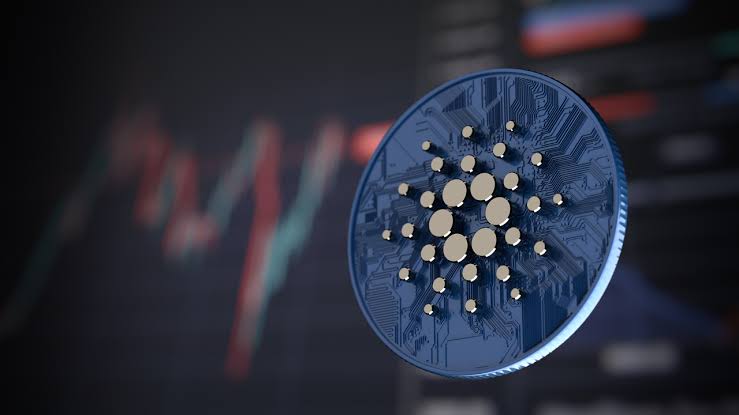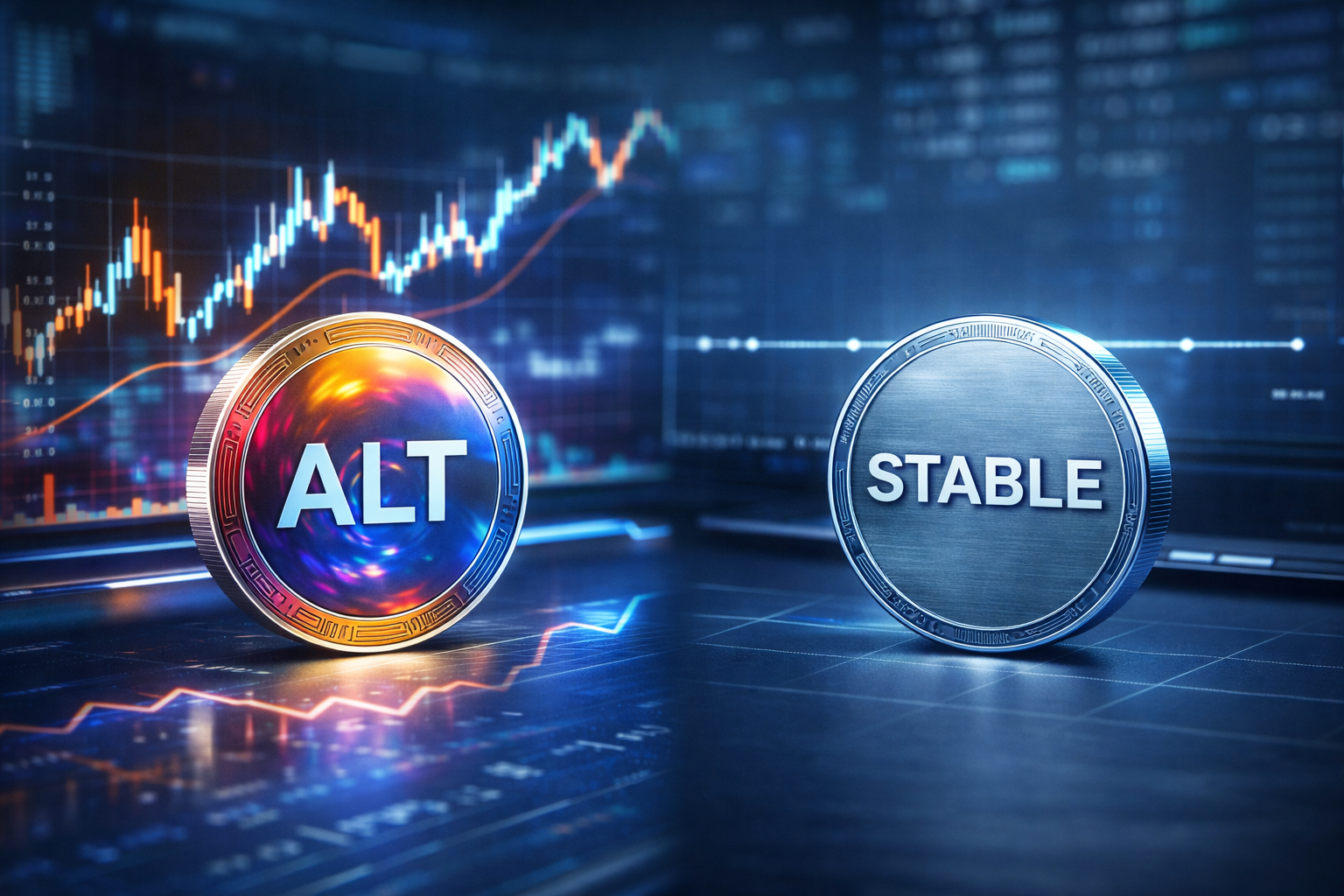
Coinposters
Cardano Surpasses BTC and ETH in Transaction Volume

On Sunday, crypto data aggregator Messari.io revealed that Cardano had surpassed Bitcoin and Ethereum in terms of transaction volume, rising to first place (adjusted transaction volume in the last 24 hours).
While Cardano reached a high of $17.15 billion in transactions, Bitcoin came in second at $15.1 billion, followed by Ethereum at $8.64 billion.
It is vital to distinguish between “transaction volume” and “adjusted transaction volume.” While transaction volume simply reflects the total value transacted on a specific blockchain network, adjusted transaction volume is essentially a technique to compare UTXO style transaction volume to account-based transaction volume in a fair manner. On both models, it isolates only the relevant economic transactions.
This explains why Bitcoin ranks first in terms of transaction volume in the last 24 hours, with $36.74 billion, followed by Cardano with $17.56 billion, and Ethereum with $10.50 billion.
Cardano’s transaction costs have also been extremely low in the last 24 hours, with the network spending only $51,985 in fees. Despite the network’s average blockchain load meter rating of 81%, which is extremely high for any network.
This is the first time Cardano has surpassed Bitcoin’s adjusted transaction volume, indicating that something is going well. IOHK, the company overseeing Cardano’s development, has recently released a series of improvements aimed at improving network scaling and interoperability.
Plutus, a platform that provides a native smart contract language as well as the necessary tools to implement smart contracts on Cardano, was launched as part of the Alonzo protocol upgrade, which has been a major draw for DApp developers. As the Plutus script and Metadata transactions take over simple transactions on the blockchain, transaction volumes on the network have also increased.
The addition of decentralized exchanges on the Cardano blockchain, such as SundaeSwap, which is already praised for its top-notch security features, has increased the network’s appeal. Users have also been drawn to the network because of its ability to withstand difficulties that plague other blockchains, such as botched transactions caused by network congestion or denial of service (DOS) threats.
Hydra, which boosts network throughput while lowering latency, is to credit for this. Cardano has been able to handle transactions without issue over the past 1500 days or so, as previously reported.
Despite Cardano’s network’s exceptional growth and performance, the price of its token, ADA, has been hit hard by the overall crypto market selloff. As of this writing, the price is still well below its all-time high of $3.10, trading below $1.060, a multi-year yet crucial support zone.
Latest
Altcoins
21 Feb 2026
Altcoins
13 Feb 2026
Altcoins
07 Feb 2026
Altcoins
06 Feb 2026
Altcoins
05 Feb 2026
Altcoins
03 Feb 2026












